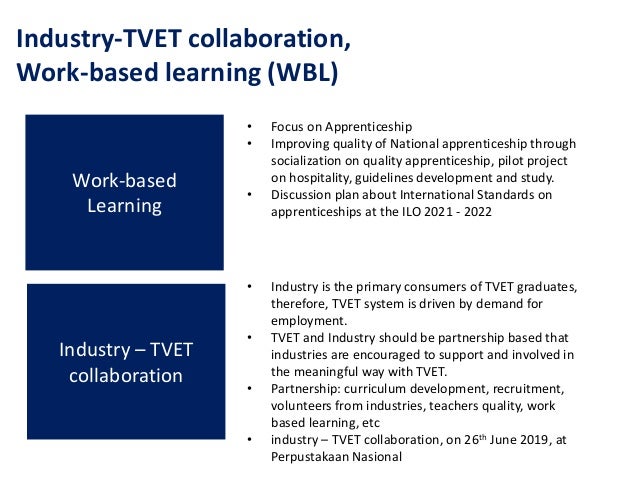
And Haiti requires radical improvements on all these fronts, says Amy Luinstra, acting global director of Better Work. Dang Nguyen Factory Improvement Program (FIP) Starting 2006.Īs a direct result, these countries have seen factory compliance improve, as well as capacity of trade unions and labour ministries increase. There was a period working on an ILO project called Factory Improvement Program in 2006 and providing internal social compliance training for auditors in 2013. This 3 page Collective Bargaining fact sheet from the ILO's Factory Improvement Programme provides useful information to employers, employees and unions negotiating benefits such as wages, working conditions and related issues. The ILO BFC may collect factory data in order to monitor the progress and.

The ILO-BFC agrees to provide in-factory advisory and support services to assist PICC in the implementation of the performance improvement program. Funding for the Factory Improvement Programme is provided by the Swiss State Secretariat for Economic Affairs. Collective bargaining is also a vehicle for workplace cooperation in that it can ensure, by mutual agreement. The ILO’ Factory Improvement Programme (FIP) is a multi-supplier training programme for the development of local factories' capacity in industrial relations, health and safety and working conditions, linking to areas of. ILO factory improvement programme, the Better Work project has been rolled out in Vietnam and Jordan. Qualifying companies will be authorised under a preferential trade agreement.


Signatories will be required to show they are meeting core ILO norms on issues such as fair wages, working hours and workplace health and safety.

Twenty- one garment factories have put their names to Better Work, an initiative backed by the International Labour Organisation. However, an ambitious programme to improve working conditions in Haiti.


 0 kommentar(er)
0 kommentar(er)
